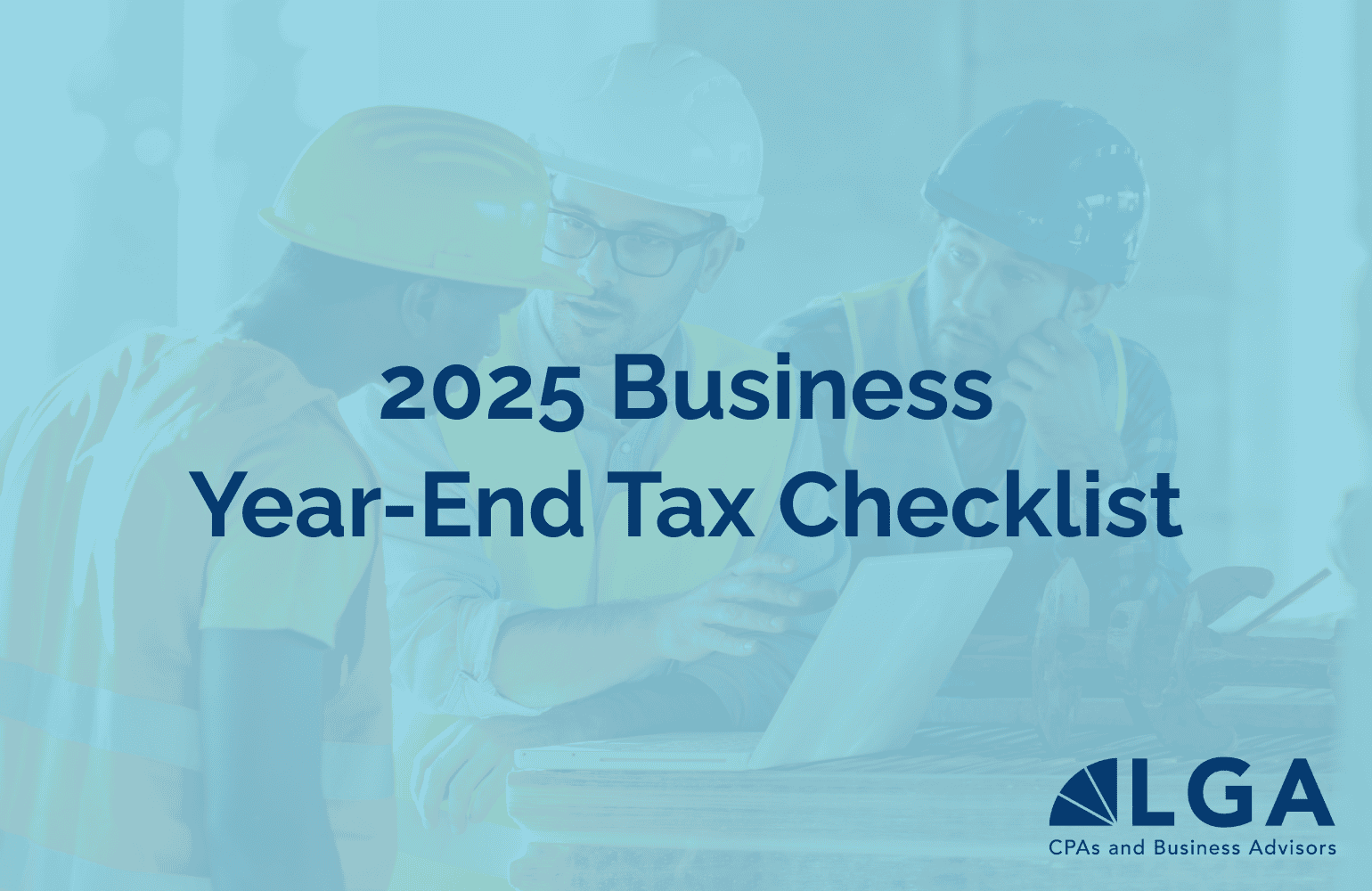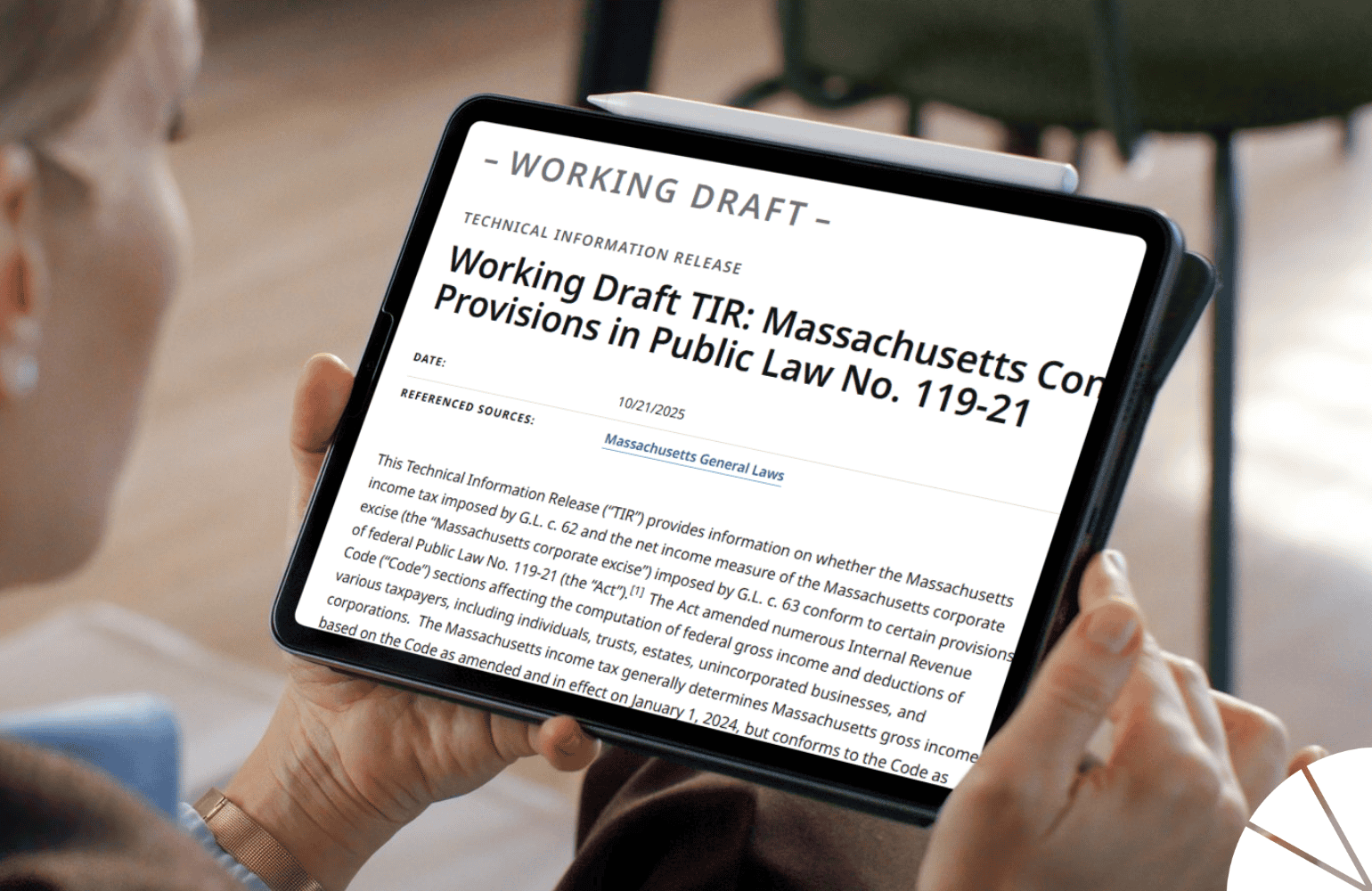
When a business establishes a tax presence in another state, a state tax nexus is created. By definition, a tax nexus is a connection between an entity and a taxing jurisdiction that creates a tax filing obligation. Since the start of the pandemic-driven shift to a larger remote workforce and more remote sales, the state tax nexus discussion is once again center stage. Many states are striving to generate more income, and see cross-border business activity as an opportunity to do so.
Every state has its own tax laws relative to sales, use, and income taxes, and some municipalities also levy their own taxes at the local level. Crossing state borders has become increasingly complex. The intricacies involved in compliance depend on the applicable state and local tax law (SALT). And the way you determine whether your activities or remote employees create a tax nexus depends on the type of tax.
Carl Roscoe, a partner in the Boston-based GAGNONtax consulting firm specializing in multistate taxation, says, “The combination of the Wayfair case, together with the move to a more remote workforce in the wake of COVID, represent an unprecedented change in the landscape of state taxation. An increasing number of states are using this as an opportunity to increase the tax burden on non-residents, both individuals and businesses. In a world where there is usually significant political blowback for any kind of tax increase, no matter how warranted, increasing tax on non-residents is virtually risk-free for legislators at the voting booth.”
Out-of-State Sales & SALT Obligations
The last time the state tax nexus surfaced as a keynote topic was three years ago. In 2018, the US Supreme Court sided with South Dakota in South Dakota v. Wayfair, overturning the legal precedent that guided sales tax nexus laws since 1992. The Supreme Court granted South Dakota the authority to require remote sellers – those with no property or employees physically present in the state – to collect and remit sales taxes from their in-state customers.
The Wayfair case opened the door for other states to reevaluate their laws and establish economic nexus standards for businesses irrespective of their physical presence. At present, 18 states have established a sales dollar threshold nexus standard, and 28 states and the District of Columbia have established both dollar-based and transaction-based threshold standards. New Hampshire, Delaware, Montana, and Oregon do not levy a general sales tax. While Alaska does not levy a state-wide sales tax, the State does impose both dollar-based and transaction-based thresholds at the municipal level.
Stay-at-home orders led to an increase in online and out-of-state sales. Because sales tax filing obligations are based on the annual number of in-state transactions and/or the annual amount of in-state sales, businesses may meet thresholds they are not accustomed to having on the radar. In Massachusetts, vendors and marketplace facilitators with current or prior year in-state sales over $100,000 meet the economic threshold. The Commonwealth is one of the 18 states above that does not have a transaction threshold in effect.
When a threshold is met, you are generally required to register in the jurisdiction, collect sales tax from your customers, and remit them to the state. You also need to determine if your business needs to file state or local occupation permits to qualify to do business in any jurisdiction your sales reach.
The Effects of a Growing Remote Workforce
With more employees working remotely, employers are facing new tax and compliance issues. A business with a physical presence, such as an office or warehouse, always creates a state tax nexus. However, as the Wayfair ruling confirmed, a business can establish a tax presence even without physical presence in a state. What actually constitutes a physical presence is not consistent from state to state. According to Massachusetts, internet cookies and apps are enough to establish a physical presence. Having even a single out-of-state remote employee can create a tax nexus in certain states. If you have payroll in another state, it most likely creates a nexus.
Some states have reciprocity agreements in place to ensure individuals working across a state line are only subject to income taxes where they live, not where they work. Others have made tax credits available to employees to claim against the double tax. On top of navigating disparate state and local laws, some states issued temporary COVID-19-related guidance, while pandemic guidance was elusive in others. The inconsistent and ever-changing landscape leaves employers with a state tax nexus more vulnerable to compliance issues. Differing opinions led New Hampshire to file a lawsuit against Massachusetts for imposing income tax on NH residents temporarily working from home for a business in MA. However, the Supreme Court denied the request for the case. The denial was, in part, because Governor Baker announced that MA’s temporary provisions would be ending on September 13, 2021.
LGA Can Help You Develop a Long-Term Compliance Strategy
Businesses can start by taking an inventory by location of their sales, and if they have remote workers, an inventory of their employees. Establish all states, cities, counties, and municipalities in which sales occurred or remote workers live. LGA’s Business Tax Team works with clients to determine their requirements for withholding, income tax, and sales and use tax based on the laws in each jurisdiction.
Employers may need to redesign their telework policies to establish procedures based on what you want to happen now and post-pandemic. You want your policies and procedures to set clear parameters for remote workers, including policies related to fringe benefits. It’s also imperative to establish internal controls to continue to monitor for changes in the reach of your tax nexus and the laws applicable to the jurisdictions already in it.
I want to help you create and implement a strategy for ongoing SALT compliance. If you’re ready to get started, contact me today.
by Brian O’Keefe






